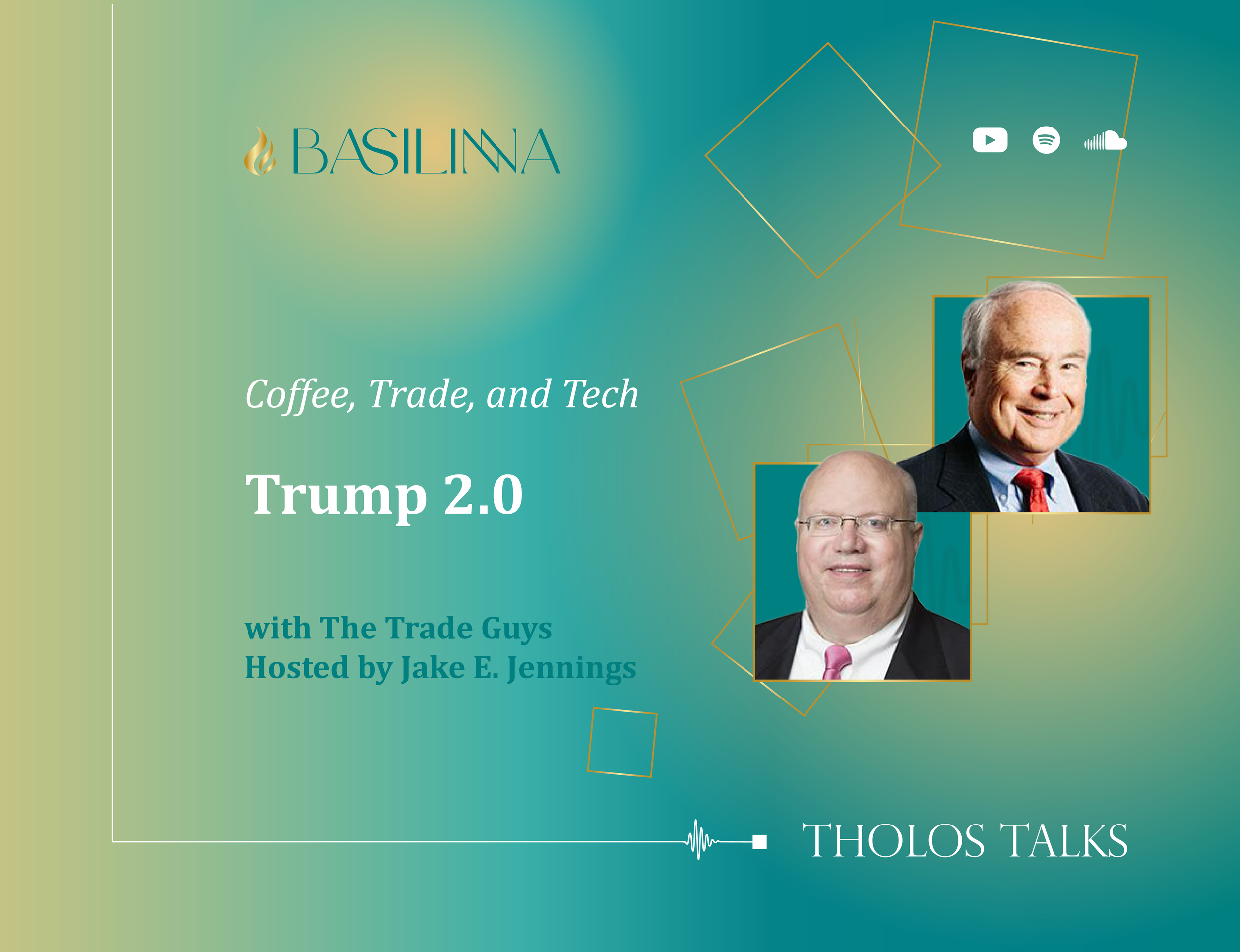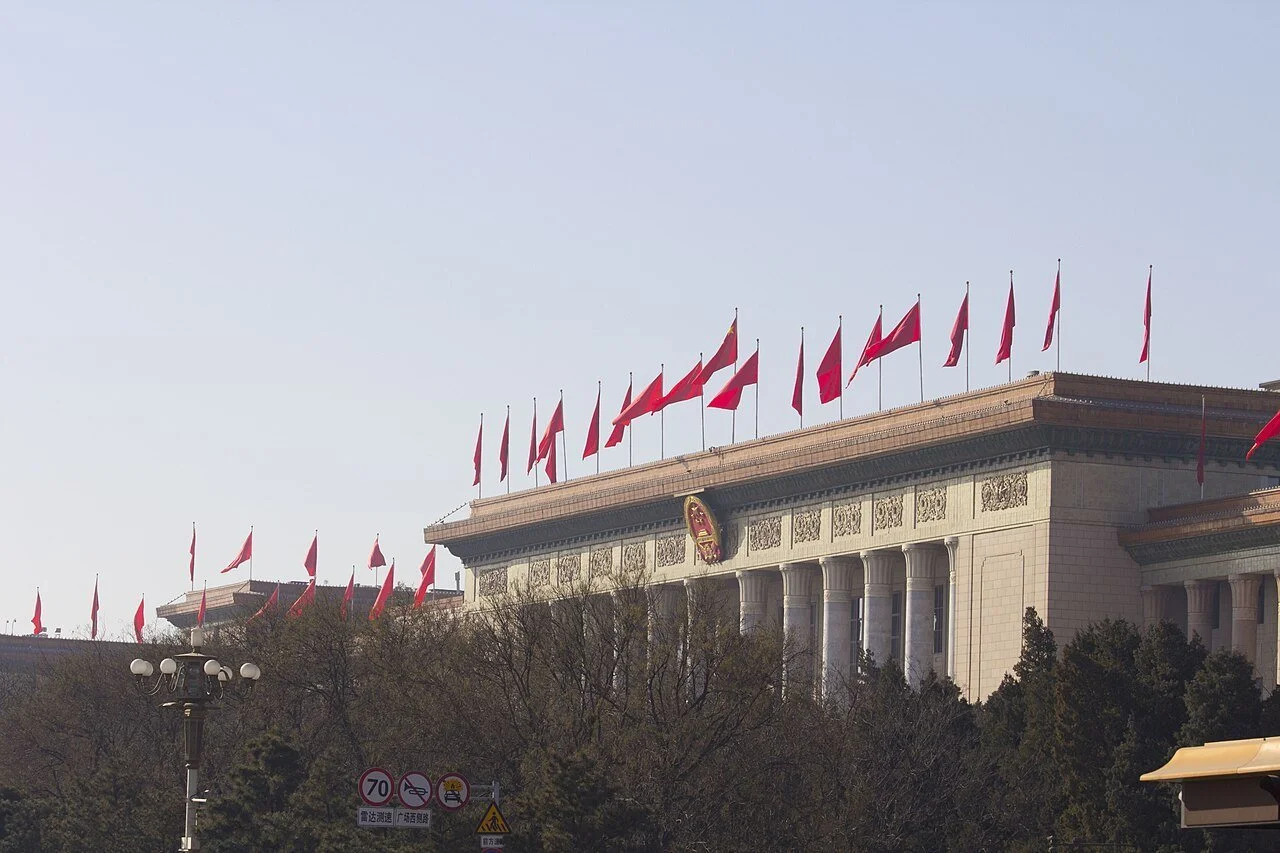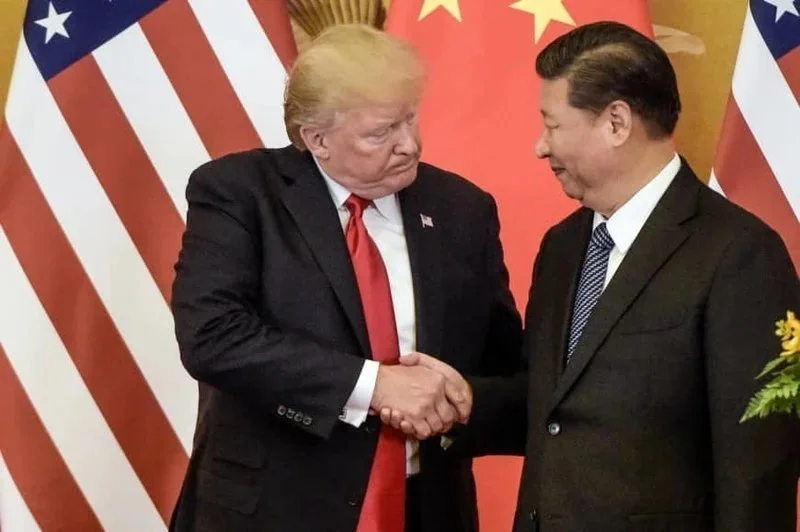Our Insights
Featured Insights Selected by Our Experts
Explore all of our Insights, Interviews, Commentary, and More

Nature as National Asset: How the Middle East Is Turning Biodiversity into Economic Opportunity
September 5, 2025 | Deborah Lehr, Chair and CEO
For decades, the Middle East’s biodiversity was overlooked—not because it lacked value, but because that value was not fully recognized. Today, countries across the region are reframing nature as a strategic national asset.

Saudi Arabia’s Strategic Hedging: Navigating Multipolarity through Quiet Power
July 22, 2025 | Basilinna Team
Over the past decade, Saudi Arabia has transitioned from an overzealous regional actor, engaging in armed conflicts and backing belligerent factions, toward a more measured and mature foreign policy posture. It now leverages its vast resources and the momentum of Vision 2030 to position itself as a key player on both the regional and global stage. Its leadership role in OPEC and OPEC+ has reinforced this emerging identity.
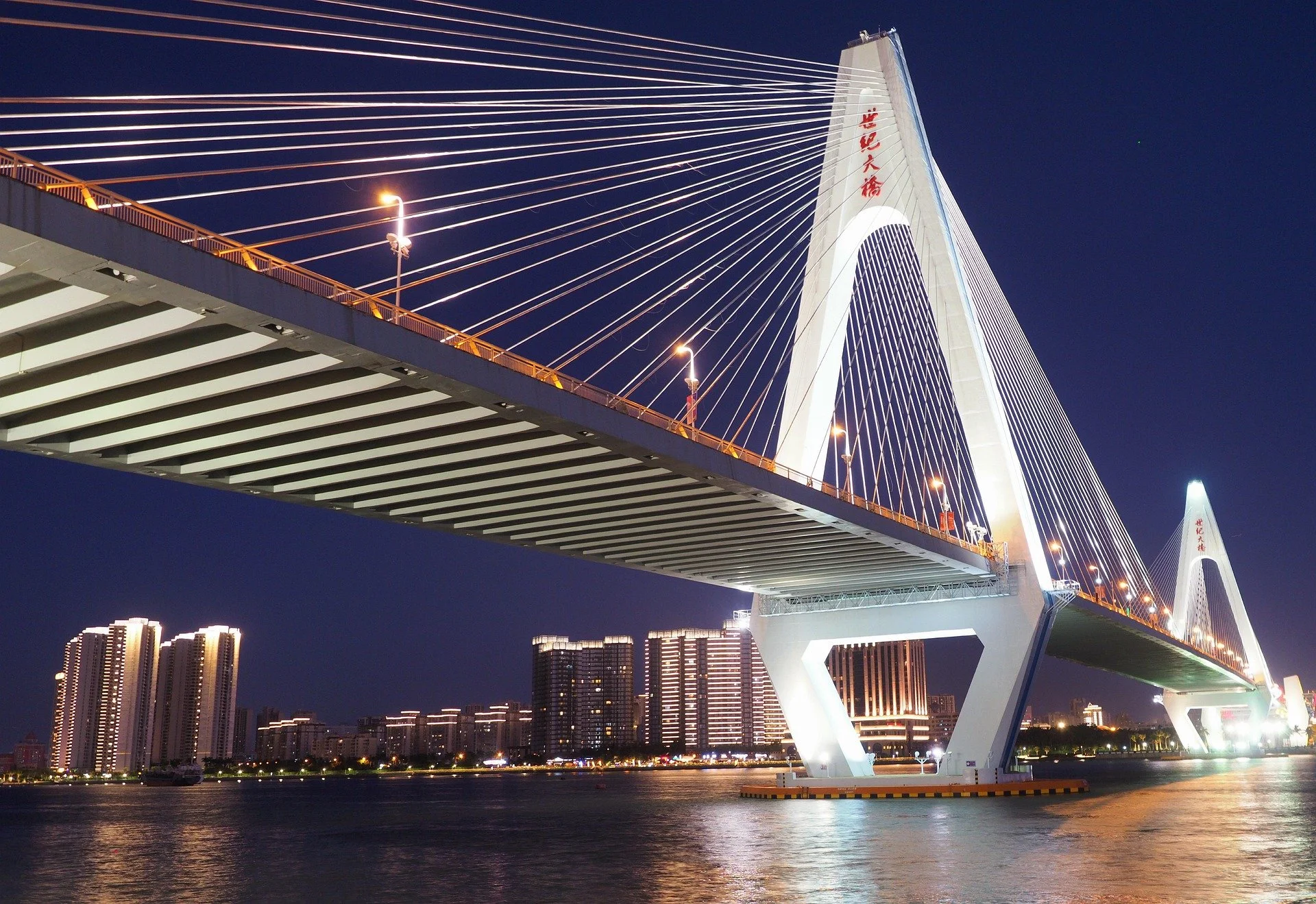
Rising Opportunities for Business: Key Takeaways from the 11th China-Arab Business Conference
June 3, 2025 | Basilinna Team
The 11th China-Arab Business Conference and 9th Investment Seminar of the China-Arab States Cooperation Forum took place in Haikou, Hainan, from April 27–30, 2025, drawing over 1,000 political and business leaders from China and Arab countries.

Silicon and Sovereignty: What Trump’s AI Pact Means for the Gulf
May 30, 2025 | Basilinna Team
President Donald Trump’s recent four-day tour of Saudi Arabia, Qatar, and the United Arab Emirates highlighted a growing shift in U.S. foreign policy, one that prioritizes technology and artificial intelligence as key levers of influence in the Middle East.
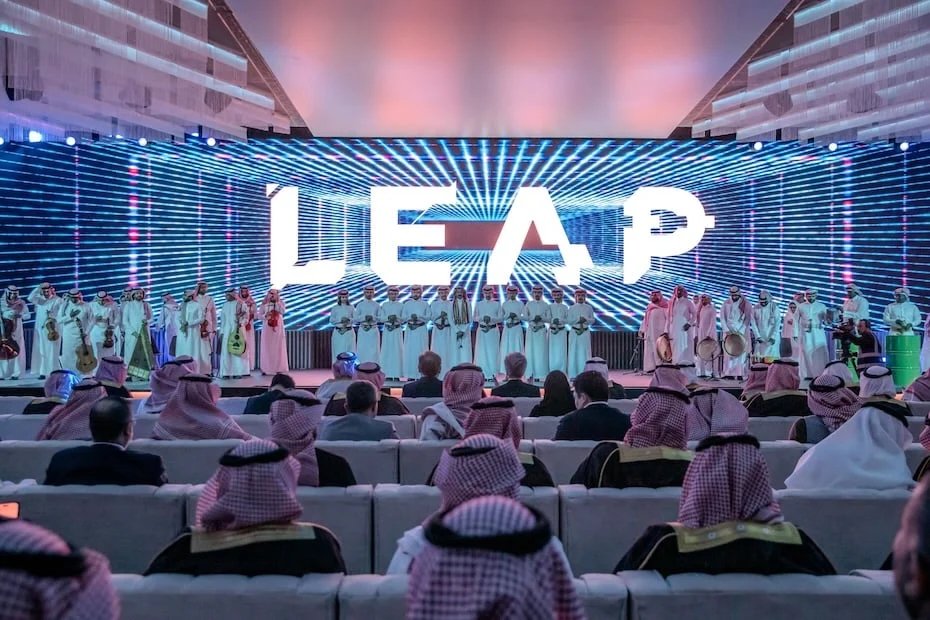
Saudi Arabia’s AI Ambitions, Strategic Alliances, and the Evolving Regional Tech Landscape
March 13, 2025 | The Basilinna Team
Saudi Arabia’s LEAP 2025 conference announced $14.9 billion in technology investments, marking a significant push toward advancing the Kingdom’s AI and digital infrastructure. While these investments align with Riyadh’s Vision 2030, their emphasis on AI, cloud computing, data centers, and semiconductors signals a deeper strategic shift. Saudi Arabia is not merely acquiring technology—it is positioning itself as a regional powerhouse in digital infrastructure.
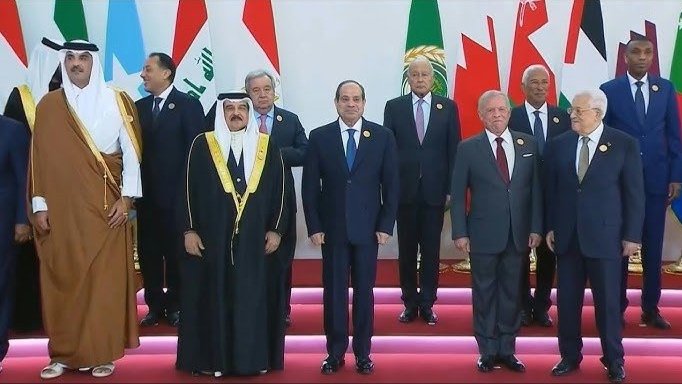
Beyond The Conflict, The Gaza Reconstruction Plan and Its Global Impact
March 12, 2025 | The Basilinna Team
Following the destruction in Gaza, two competing visions for its future emerged. The Trump administration initially proposed placing Gaza under U.S. control, forcibly relocating its Palestinian residents, and transforming the area into a luxury destination. Framed as a long-term solution, this plan was widely condemned as a violation of international law, dismissing Palestinian sovereignty and ignoring regional security complexities.

Saudi Arabia's Opportunity to Lead the Way in Global Biodiversity Protection
February 3, 2025 | Deborah Lehr, Chair and CEO
Saudi Arabia is rediscovering its natural assets. From the coral reefs of the Red Sea to the sweeping dunes of the Empty Quarter, the Kingdom is home to an impressive array of ecosystems and biodiversity. With this renewed focus on its natural heritage comes an unparalleled opportunity: to emerge as a global leader in protecting and valuing nature.

Driving Digital Transformation: Saudi Arabia's Giant LEAP
February 4, 2025 | The Basilinna Institute
Saudi Arabia’s Vision 2030 is a comprehensive strategy to diversify its economy and solidify its position as a global technology and innovation hub. A cornerstone of this vision is the development of a world-class digital infrastructure to support both public and private sector transformation. Key investments are being made in AI, cloud computing, smart cities, and cybersecurity.

Foundations for the Future: Saudi Arabia’s Infrastructure Leap
December 19, 2024 | Basilinna Team
Saudi Arabia is accelerating its infrastructure transformation with an ambitious vision for the future. In 2024, the Kingdom allocated $17.3 billion to infrastructure development, with spending projected to rise to $21.3 billion by 2025. Central to this transformation are monumental projects that aim to redefine urban development, transportation, and sustainability.

Syria’s New Cabinet: A Free-Market Vision Amid Uncertainty
December 13, 2025 | Basilinna Team
Syria’s interim government, formed after the collapse of the Assad regime, has announced plans to transition to a free-market economy. Led by Prime Minister Mohammed al-Bashir and backed by Hayat Tahrir al-Sham (HTS), the administration is dismantling decades of state-controlled trade practices.




